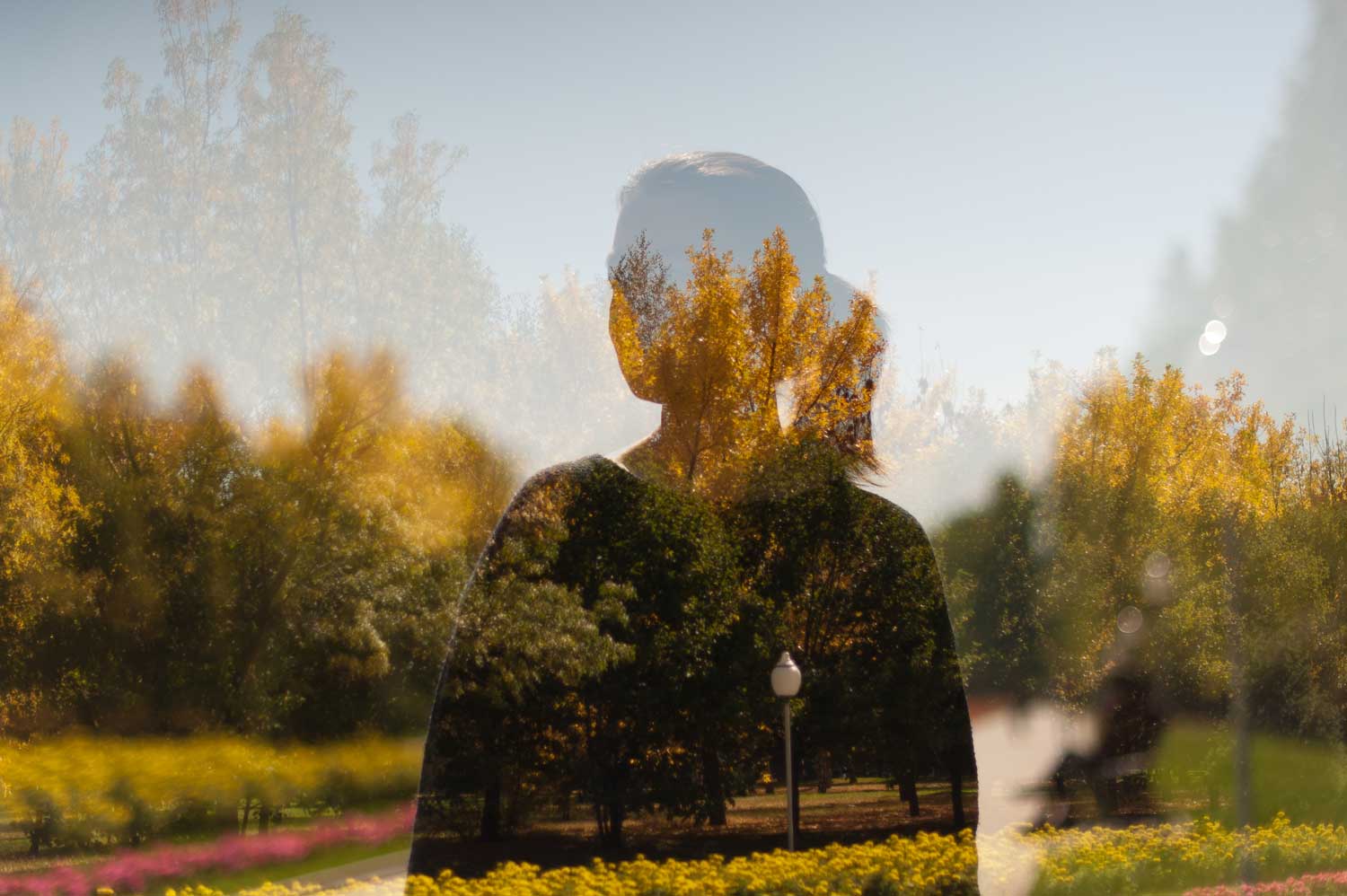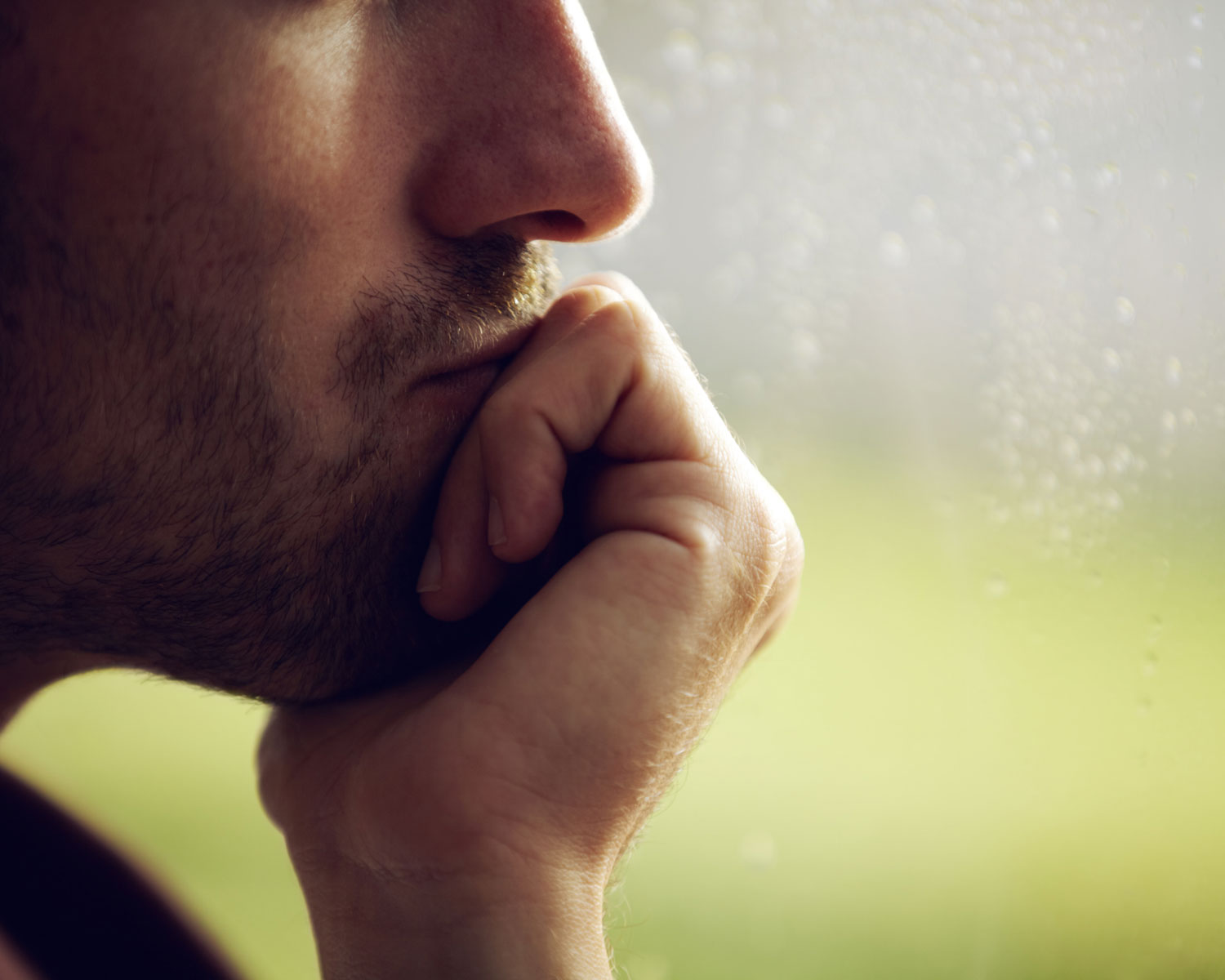
Feeling like you’ve exhausted all options for managing your treatment-resistant depression, yet nothing seems to help?
Your frustration is completely understandable — you’re not alone.
If you’re contemplating ketamine for your treatment-resistant depression, we understand that you’ve likely endured a lengthy struggle in pursuit of an effective treatment. At Wild Acres Wellness, we’ve had the privilege of witnessing remarkable transformations in our clients’ lives. We want to extend that healing opportunity to you.
How does ketamine work for treatment-resistant depression?
Depression lacks a standardized lab test or scans for reliable diagnosis, but research suggests that individuals with depression experience diminished neural plasticity — meaning their brain’s normal nerve pathways have weakened connections, failing to adapt appropriately to stimuli. Depression indiscriminately prunes the pathways crucial for normal function.
Traditional antidepressants typically increase the availability of serotonin in the brain (e.g., SSRIs, MAOIs). However, these hormones and enzymes serve multiple functions beyond mood regulation, potentially contributing to side effects and treatment resistance.
Ketamine operates differently. It helps rebuild neuronal connections, fostering new pathways in the brain, and it works swiftly. It’s not uncommon for clients to notice improvements after their first medicine session, with sustained effects often observed after 3-6 sessions, usually spanning 3-6 weeks. This is markedly quicker than the trial-and-error process associated with conventional medications.

Do you recognize any of these treatment-resistant depression symptoms?
In our discussions with clients grappling with severe depression before ketamine treatment, we’ve observed recurring symptoms. Do any of these resonate with you?
● You find no joy in activities you once enjoyed.
● Your eating habits fluctuate dramatically, from overeating to not eating at all, and mundane tasks feel overwhelming.
● You lack motivation for work and have difficulty concentrating.
● You’ve abandoned hobbies and find it difficult to relax.
● You experience boredom despite lacking the energy to engage in activities.
● Even basic self-care tasks require significant effort.
● Your relationships suffer, and you struggle to invest energy in them.
● You constantly feel tired and irritable, and your values no longer guide your life.

How can ketamine therapy help YOUR treatment-resistant depression?
Many of our depressed clients are pleasantly surprised by the transformative effects of ketamine therapy, which operates differently from previous interventions.
At Wild Acres Wellness, clients have reported remarkable outcomes, such as:
● Rediscovering enjoyment in activities and hobbies.
● Finding daily tasks manageable or even easy.
● Noticing increased animation, sociability, and ease in social interactions.
● Regaining emotional and physical capacity to excel at work.
● Experiencing a reduction in suicidal thoughts.
● Improvements in attention span and engagement in talk therapy sessions.
● A profound boost in energy and motivation.
Depression steals precious time from individuals’ lives. Many clients fear feeling overwhelmed by the prospect of “catching up” on life if their treatment proves successful. However, we’ve had the privilege of witnessing clients revel in the transition to a life no longer crippled by depression. Clients often express that their worries were unfounded, and rediscovering joy in life has been gratifying.

When should you consider ketamine therapy for treatment-resistant depression?
Clients seeking KAP at Wild Acres Wellness often feel worn out by the myriad of unsuccessful treatments they’ve already attempted. Some have grappled with depression for years. Have you tried any of the following?
● Numerous prescription treatments for depression, enduring weeks of uncertainty about their efficacy and experiencing debilitating side effects.
● Natural therapies such as diet and exercise, struggling to maintain consistency due to a lack of motivation and energy.
● Psychotherapy yielding minimal results, leaving you disheartened by the lack of immediate improvement.
● EMDR therapy, which requires substantial time commitments.
● Electroconvulsive Therapy (ECT).
● Self-medication with substances like THC, alcohol, opiates, or street drugs.
● Isolation to avoid dealing with others, which exacerbates social withdrawal.
Resources
● Ketamine and Depression: How it Works – Yale Medicine explains
● Fast Facts About Ketamine For Depression


